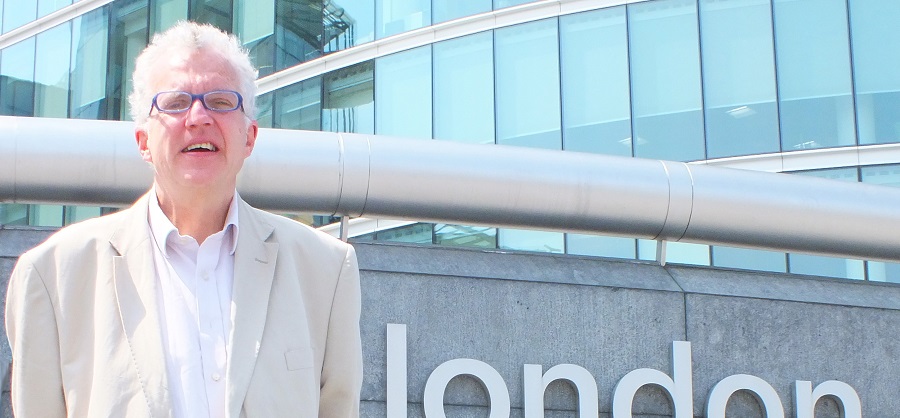This was a train crash waiting to happen. The franchise process, an invention more suited for KFC than railways, has long been creaking more loudly than a Victorian train carriage.
The East Coast Main Line franchise has been “temporarily” renationalised since 2009. And now we have the waste of £40 million on the abortive West Coast bidding process. Eight train operators are also in “special measures” and receiving funds to cut their losses because their bids were overoptimistic. This is the biggest crisis for the rail industry since the spate of accidents around the millennium.
Once details of the West Coast line bids emerged, it was clear this was a disaster in the making. All were heroically optimistic, predicated on annual growth over 13 years of 7 per cent (the two bids by the Dutch and French state railways), 8 per cent (Virgin) and 10.4 per cent (FirstGroup). Bidders knew that the Department for Transport, desperate to cut the cost of the railways, would go for the highest bid, however unrealistic the forecast.
Ministers’ anger is now heaped unfairly on nameless civil servants who cannot answer back. Of course they should be able to count up to a few billion, but politicians cannot wriggle off the hook so lightly. Justine Greening, the Transport Secretary before last month’s reshuffle, said the process was “robust and fair”. Clearly it was not. A wider independent inquiry, with politicians in the frame, is needed.
This debacle will undoubtedly bring a reappraisal of franchising. About time too. For a decade I have asked: “What is franchising for?” No other railway in the world operates like this. Ministers promised reduced costs and private sector innovation, but there is not much sign of either. As a former insider in the Office of Rail Regulation said: “How do we know if this is a good way of getting value if the Department can’t even work out what the value of the bid is?”
Concession arrangements are common in Europe but the revenue risk (that is, income from fares) remains with the Government, which is best placed to take it on. There’s a simple reason for that. Rail use depends heavily on the state of the economy and no one knows what that will be next year, let alone in 13 years’ time. Forcing private companies to guess the future is precisely what led to problems on the East Coast line.
Any review is likely to lead to the creation of an independent body to assess bids, rather like the Strategic Rail Authority, created by the Labour Government in 2001, but abolished five years later. Everything on the railways, except the trains, seems to go in circles.
